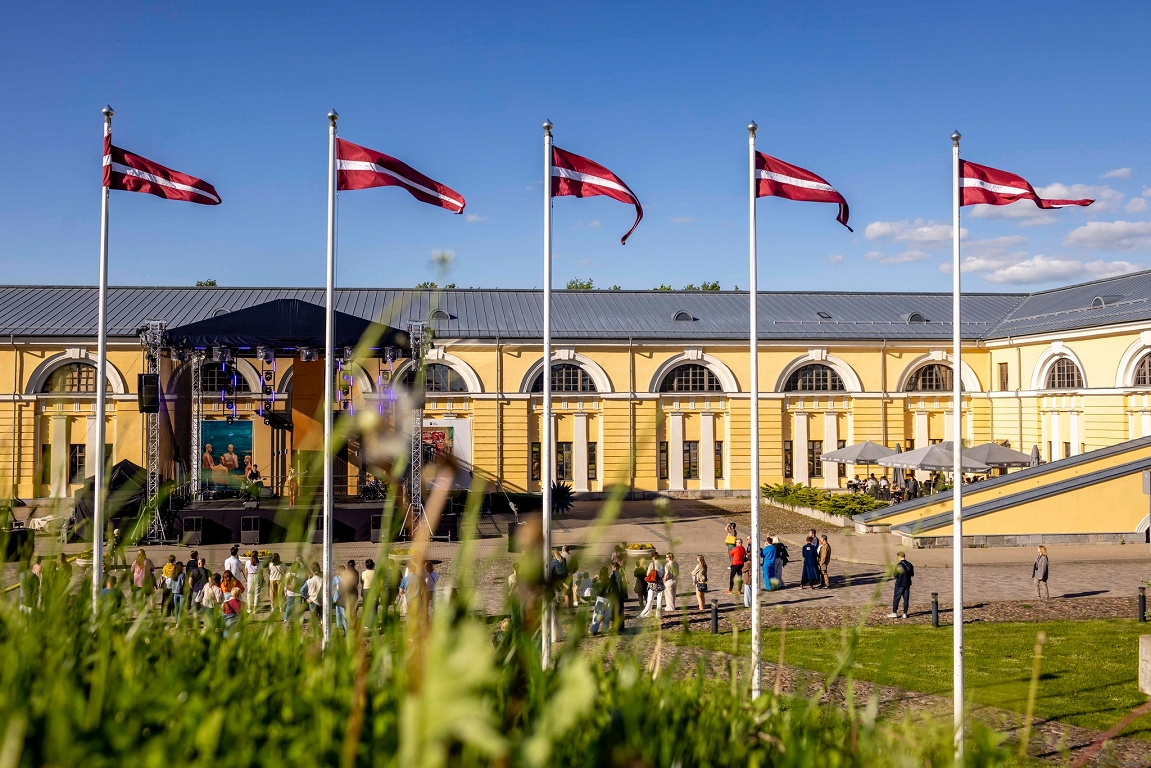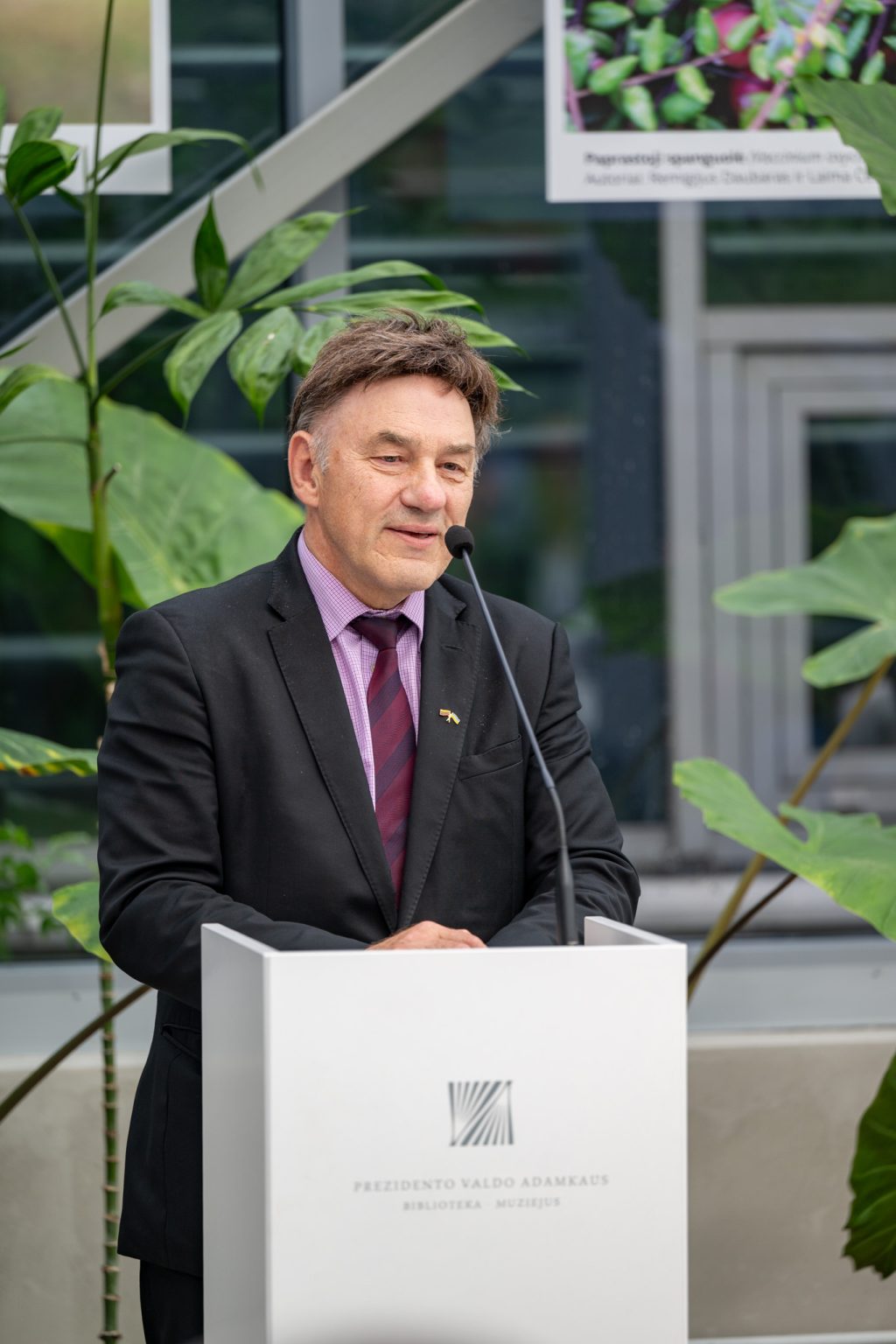A ton of waste or eight trees and a new life for old furniture

Consumers in Bulgaria have already been accustomed to the availability of colorful containers for separate collection of packaging waste – glass, plastic and paper, and some of them regularly use them. This is not the case with unnecessary furniture – their collection is made on schedule with all other bulky waste from households. There is no construction system for the collection of wood waste collection that the wood processing plants need.
On the one hand, this is condemned to landfill, that is, congestion of landfills, even with waste to be processed. On the other hand, manufacturers of furniture and wood panels suffer from shortage and instead of recycling unnecessary wood, they use fresh. At that time, only one company throughout the country makes it difficult with other businesses and municipalities to collect raw material for its own production.
What does the business say
Overall, we are consuming a small amount of timber and more and more wood waste, which by the time we started activity in Bulgaria, no one used. This is what Martin Peikov, a manager at Kronospan Bulgaria, says. It is part of a Cyprus -based international company that produces wooden panels with different applications through more than 40 factories and exports to over 120 countries. In Bulgaria the company has large production in Veliko Turnovo, less in Burgas and design center in Sofia. Her data for the last two full years – 2023 and 2024, show that a total of 75 thousand tons were collected during this time. They estimate that 1 ton of wood waste equals 8 trees.
| « So we’re talking about a total of over 336,000 trees that we have not used because we have collected this wood waste and because we have recycled it, » Peikov said. |
It all starts with the opening of a depot in Sofia to collect wood waste 6 years ago. There are already those in Varna, Plovdiv, Veliko Turnovo and Burgas. They start with several containers and 1 truck to transport them. They already have 140 containers and 17 trucks. The mobile shredder processes in a more compact mixture the residues and are transported to Veliko Tarnovo, where the production has a special station that separates the impurities – metal, plastic, etc., from wood.
The Italians, who already have 30 years of experience in this field, are in the industry for pioneers in the recycling of wood. « Our final whole is to achieve 30% of the raw material we need to produce in Bulgaria to be of wood waste, » Peykov says. At this stage, in the best months, this percentage reaches 17-18. « But we start at 0%, so things are moving more or less, » the manager says.
Movement is done through contracts with other businesses that produce wood waste – packaging, pieces and more. Some of them are manufacturers of furniture, others are construction warehouses, etc. The boards company leave containers with them and take them when they are filled.
In 2019, a program with the municipalities « New Life for Old Furniture » began. Thanks to it, in 2023 alone, 3 thousand tons were collected, or about 10% of wood waste collected by the company throughout the year. About 40-50 municipalities are already working, but the beginning was difficult as the mayors were not particularly enthusiastic at the beginning. They also leave containers next to the landfills to waste the company collecting when filling. It is a condition here for citizens to separate the tree from other materials if they transmit parts of furniture. Whether there is such a container is checked on the sites of the respective municipalities.
The company points out that judging by the experience of its colleagues in other countries, where there are wood panel plants under the same brand, there are systems for separate collection and wood waste. In some countries, even production is powered by 100% in this way they do not use fresh wood at all. This is the case in Luxembourg and Spain, where chip boards are the result of the use of recyclable.
Where is Bulgaria

Even farther from the intention is the state with respect to such a wood waste system, although there are European commitments described in strategies and other documents, and by years. According to business experts, especially in the last years of frequent change of governments, there is no particular interest in the topic of the state level.
The Waste Management Act obliges each municipality with over 10,000 people to have a municipal site where citizens can take this type of waste free of charge, Peter Dishkov, an expert at the Branch Chamber of the Woodworking and Furniture Industry, told Dnevnik.
It cites a survey of the European Commission, according to which in total for the country the waste of wood from household, industry, construction and packaging is between 500 thousand and 1 million tonnes per year. « This is a huge resource that can be used on the one hand, and on the other, wood is a natural battery that absorbs and retains the carbon dioxis, » Dishkov reminds. It describes that if the waste wood is deposited, it releases the carbon dioxis, and when combined leads to the release of a large amount of fine particles. Cited data according to which about 1% of the waste returns to the atmosphere in the form of such particles. It reminds that often non -selected and unprocessed wood from repairs or construction sites goes to burn in home stoves, which adds to the fine dust particles to the air because of the content of paints, resins and others, which is also prohibited by the Waste Management Act.

The purpose of Europe is to have zero waste by 2050 – everything that can be recycled.
What does the ministry say
In response to questions from Dnevnik, the Ministry of Environment and Water (MOEW) states that the Waste Management Act does not set separate goals to the municipalities in respect of wood. A member of the law is cited, which sets different terms for recycling and re -use of different types of waste, but not specifically for this type. The closest deadline in this law is the end of this year, which obliges municipalities with the management in total of municipal waste, and it states that by then at least 55% of these waste must be recycled and prepared for reuse.
The Ordinance on packaging and packaging waste has commitments to all retail outlets, manufacturers, economic and administrative buildings – all, in whose activity the waste is formed to take measures to recycle at least 70% of the total weight of packaging waste. The mayors and organizations for the utilization of packaging waste under the control of regional environmental inspections (RIEW) have a procedural commitment to this.
According to the Ministry, for 2023, the use of waste from construction activities in households is 1 518.160 tonnes, of which 267.080 were recycled. The deposited are 57.520 tonnes. According to experts in the sector, however, this data from the household does not include all waste from construction and destruction. In the same year, wooden supply waste, the production of wood panels and furniture, wooden packaging waste and waste processing facilities was 254 656.79 tons, the ministry said.
Since the beginning of 2024, only RIEW Blagoevgrad has established violations of the law and the ordinance and has drawn up 4 acts, and they are for non -reporting for this type of waste.
The National Waste Management Plan indicates that by 2025 wood waste waste should be recycled 25%and by 2030 – 30%. The national strategic plan for the management of waste from construction and destruction on the territory of Bulgaria for the period 2011-2020, it is stated that in 2020 90% of the waste specifically from timber should be recycled. The same document states that the share of recyclable waste from this activity, including wood, but not only it, is 4% of all (according to 87 225 tonnes). The Bulgaria’s strategy for the transition to the circular economy 2021 – 2027 states that according to NSI data in 202 municipalities (from a total of 265 – note) in the country separately collected and delivered for recycling municipal waste is less than 5%. In Bulgaria, over 60 % of domestic waste is deposited and up to 2035 is up to 10 %.
| In 2018, 129.7 million tonnes of waste were formed in Bulgaria, which puts the country of one of the first places in the European Union in the formed waste per capita and a unit of GDP. |
Despite the relatively well -developed recycling industry, the country notes low levels of municipal waste recycling (31.5%) compared to EU average (47.4%) for 2018, the same document reads.
There are other provisions in the Waste Management Act that do not mention the tree specifically, but the texts show that the instruction for recycling and management refers to all types.





/s3/static.nrc.nl/wp-content/uploads/2025/06/07043854/ANP-426099410.jpg)
